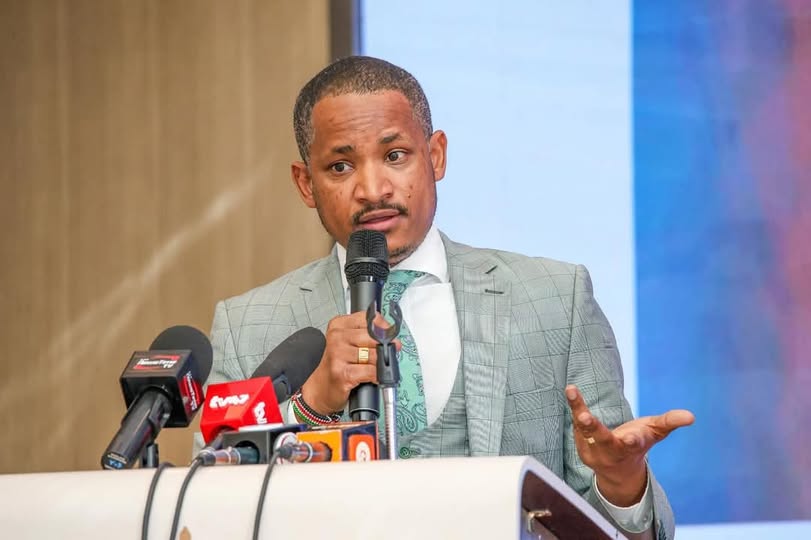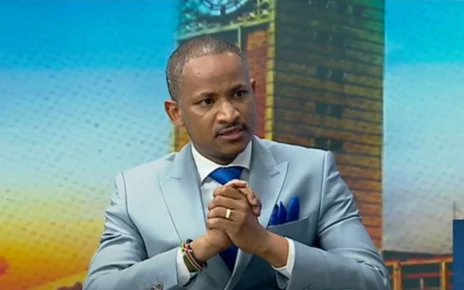Babu Owino, the outspoken Embakasi East MP, has once again reignited debate in Kenya’s political arena with his bold remarks on the 2027 elections and the place of Wiper leader Kalonzo Musyoka. Known for his sharp tongue and fearless political analysis, Babu drew a historical comparison between the 2002 elections and the dynamics unfolding today.
“In 2002 in Kenya, people went out to vote Moi; they did not go to vote for Kibaki,” Babu observed, suggesting that political transitions in Kenya are often about rejecting the old order rather than embracing a new leader wholeheartedly. He argued that the same framing might apply to the 2027 contest, where voters may be less concerned about personalities and more focused on the broader political change they seek.
Turning to Kalonzo Musyoka, Babu questioned why the Wiper leader continues to face criticism despite his consistency in politics. He asked why Kalonzo is labeled as a good leader when aligned with Azimio but suddenly branded as “bad” when standing in opposition. “Kalonzo ametosha hajatosha? Kama alikuwa Azimio, Kalonzo alikuwa mzuri. Saa hizi kama ako Opposition sasa Kalonzo ni mbaya. Kalonzo amekosa nini so far? Ati tukisema Kalonzo tosha ati Babu ni mbaya, mbaya what?” Babu posed defiantly.
His remarks highlight a deep contradiction in Kenyan politics: leaders are often judged not on their principles or track record but on which political camp they are currently allied with. Babu’s defense of Kalonzo echoes the frustrations of many who believe that the veteran politician has been unfairly dismissed despite his decades of service and loyalty to coalition politics.
The statement also reveals Babu’s growing positioning as a defender of fairness within the opposition space. By invoking 2002, he reminded Kenyans that the political environment can shift dramatically, and today’s dismissed candidate may become tomorrow’s rallying point for national change.
Ultimately, Babu Owino’s comments challenge Kenyans to rethink the lens through which they evaluate political leadership. Should Kalonzo be judged based on his alliances, or should the debate focus on his ideas, vision, and ability to lead? In framing the question this way, Babu is not only defending Kalonzo but also exposing the selective double standards that define Kenya’s political discourse.



